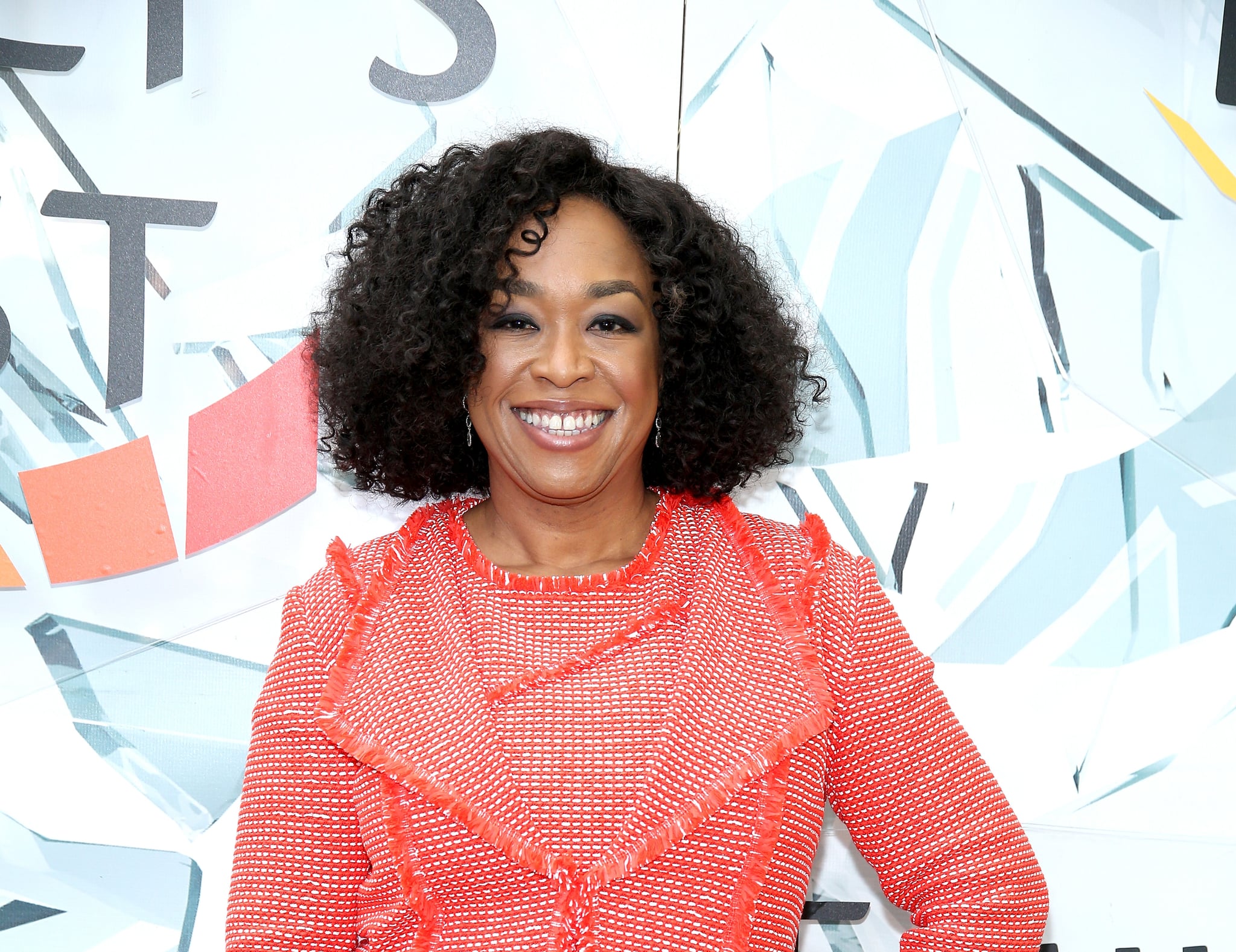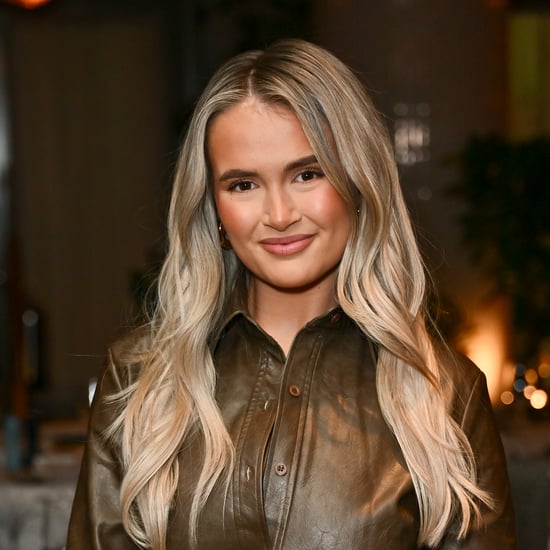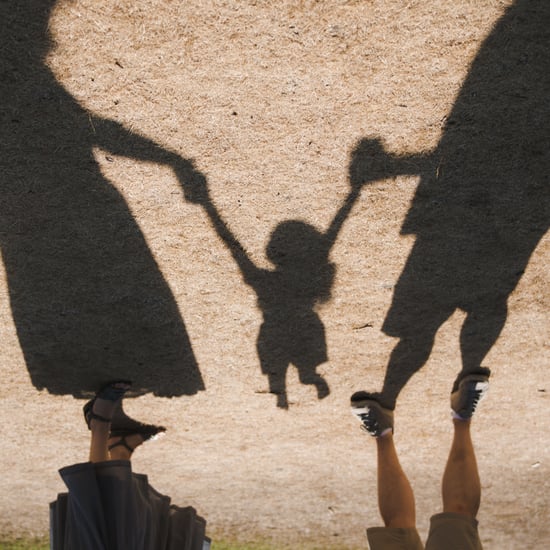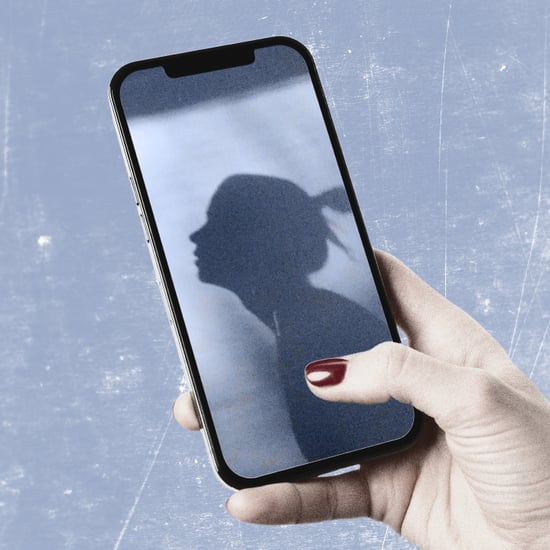Interview With Shonda Rhimes About Parenting
Shonda Rhimes on Raising Her Kids in the Age of Instagram: "Looking Different Should Be a Badge of Honour"

Shonda Rhimes created some of the most successful and iconic TV shows of all time, including Grey's Anatomy, Scandal, and How to Get Away With Murder. And when she's not running her production company, Shondaland, the mom of three daughters has been throwing her efforts and resources behind some of the most prevalent social matters of recent years. She's always been lauded for her approach to tough social issues — especially in how they are handled on her shows — but some of her most notable social accomplishments have happened off screen.
Rhimes is credited as one of the heavyweight supporters of the #MeToo movement, she and the whole cast of Grey's Anatomy took a knee in support of Colin Kaepernick last September, and most recently, she was the keynote speaker at Dove's first-ever Self-Esteem Summit. The summit acted as an extension of their Self-Esteem Project, which works to create a supportive community of female-identifying people, to challenge beauty stereotypes and empower people to learn how to love all parts of their bodies.
"Whether it's your looks, what clothes you should be wearing, what you should study in college, who you should decide to date, if you decide to date . . . there will be many opinions out there. And many of those opinions will be about what you should look like," said Rhimes during her keynote. "Our world can be obsessed with these opinions about appearance. But guess what? Those voices don't go away."
Her moving speech wove through the ins and outs of motherhood in the digital age, as well as the struggles she's personally faced (and continues to face) as a woman — and more specifically, a woman of colour — in the entertainment industry. POPSUGAR had the chance to sit down with her at the summit to discuss how she navigates these difficult self-esteem issues, particularly with her three daughters.
POPSUGAR: In this Instagram era, where Photoshopped images are literally available at our fingertips, it can be hard to not compare yourself to everyone else.
Shonda Rhimes: Yeah, it's really hard. We get these ideas because we're bombarded with those images all the time. This generation, Gen Z, is a generation that has grown up spending more time looking at their selfies than they have looking at their own faces in the mirror. It's really a hard thing to deal with, because this is the Instagram generation and we [as parents] do have to deal with that.
PS: How do we shut off those voices in our heads that tell us we don't look as good as the people we see online?
SR: You don't have to buy into it. The idea that you would want to look like anybody else, period, should be a disturbing idea to you. In a world in which everybody is trying to mold themselves to look the same, looking different should be a badge of honour.
PS: How do you filter out these images for your daughters so they're not growing up with warped body standards? It seems like the age for getting a smartphone gets lower and lower every year.
SR: I try to look at what they watch, and I try to talk to them about who they are and what's OK. My 5 and 6-year-old probably get a lot of lectures that they wish they weren't getting. But I also think it's important to just be open and honest and have dialogues and conversations. That's where people have gone wrong lately, I think; we're so busy looking at our screens and we're not having conversations.
PS: Do you have rules around the house to help guide these conversations with your daughters?
SR: Well, I think the smartphone thing is a given — no one should be giving a smartphone to a small child. I don't know that there are rules you can give because the world is changing so quickly. [Us parents] are flying by the seat of our pants and making it up as we go. I have a 5-year-old, a 6-year-old, and a 16-year-old, and the world is so different now than it was, say, three years ago. What's out there, what's going on, and the images they're being bombarded with, [they're constantly changing]. My 6-year-old and 5-year-old don't know that commercials exist — they've never seen a commercial before. And when [one of my daughters] saw an actual paper magazine, she tried to swipe it. It's a very interesting world for them.
PS: Do you think it's ever too early to have these conversations with your young children?
SR: I don't think it's ever too early to start telling your kids that they're beautiful, that they're interesting, and that they're great.






